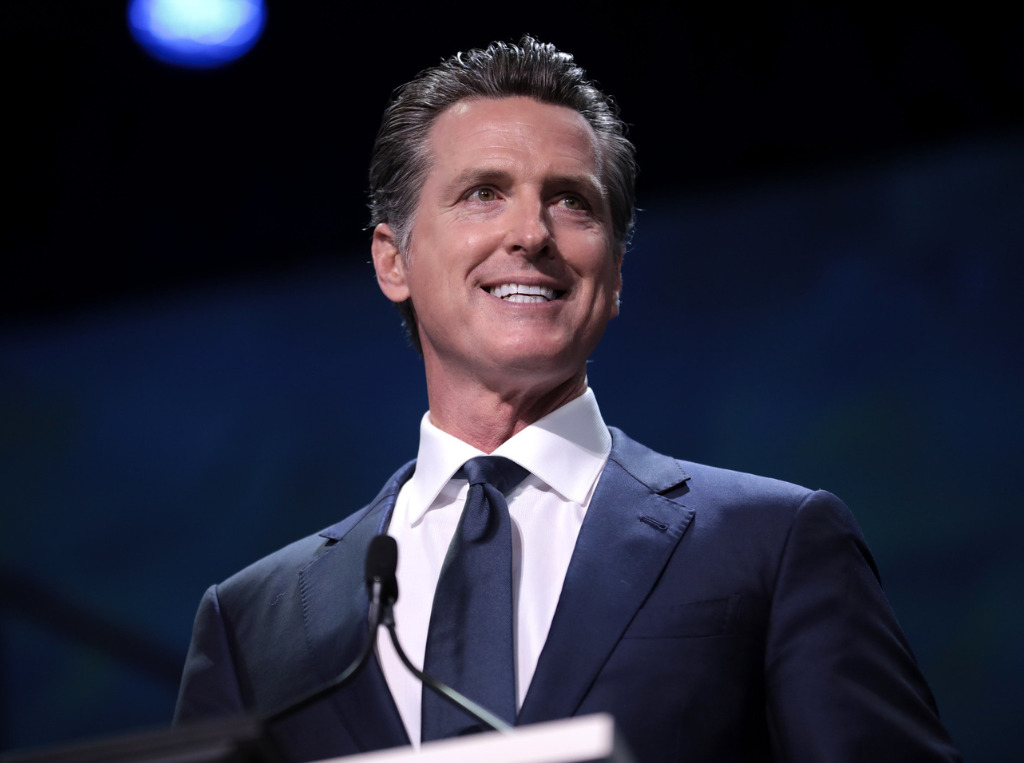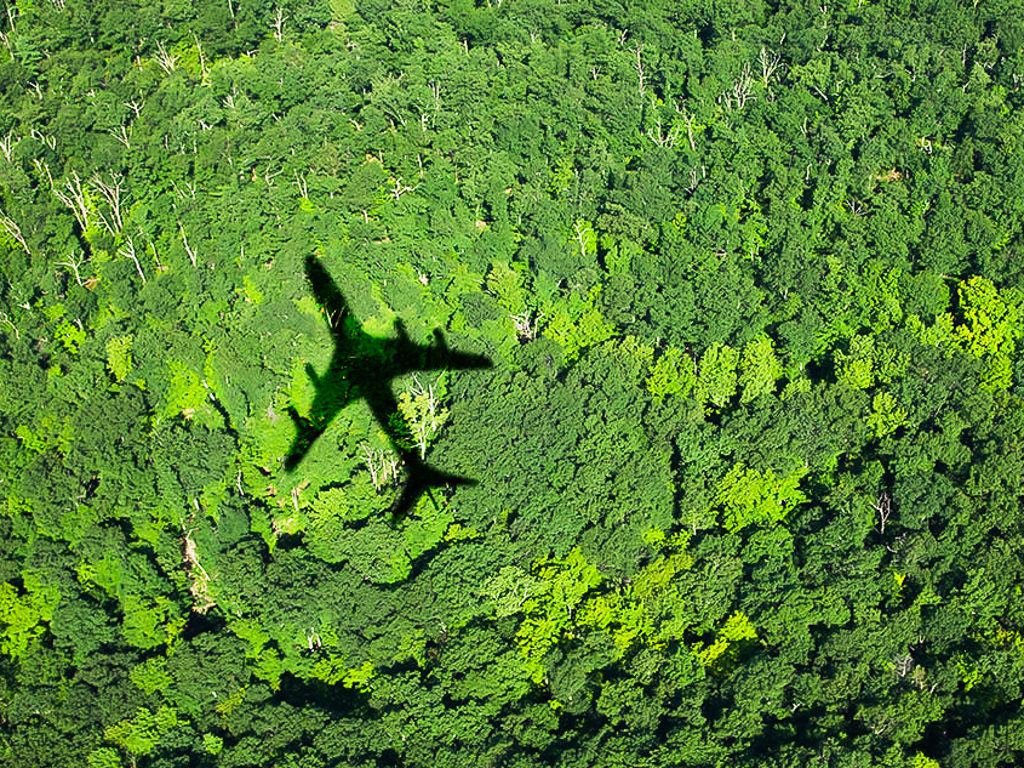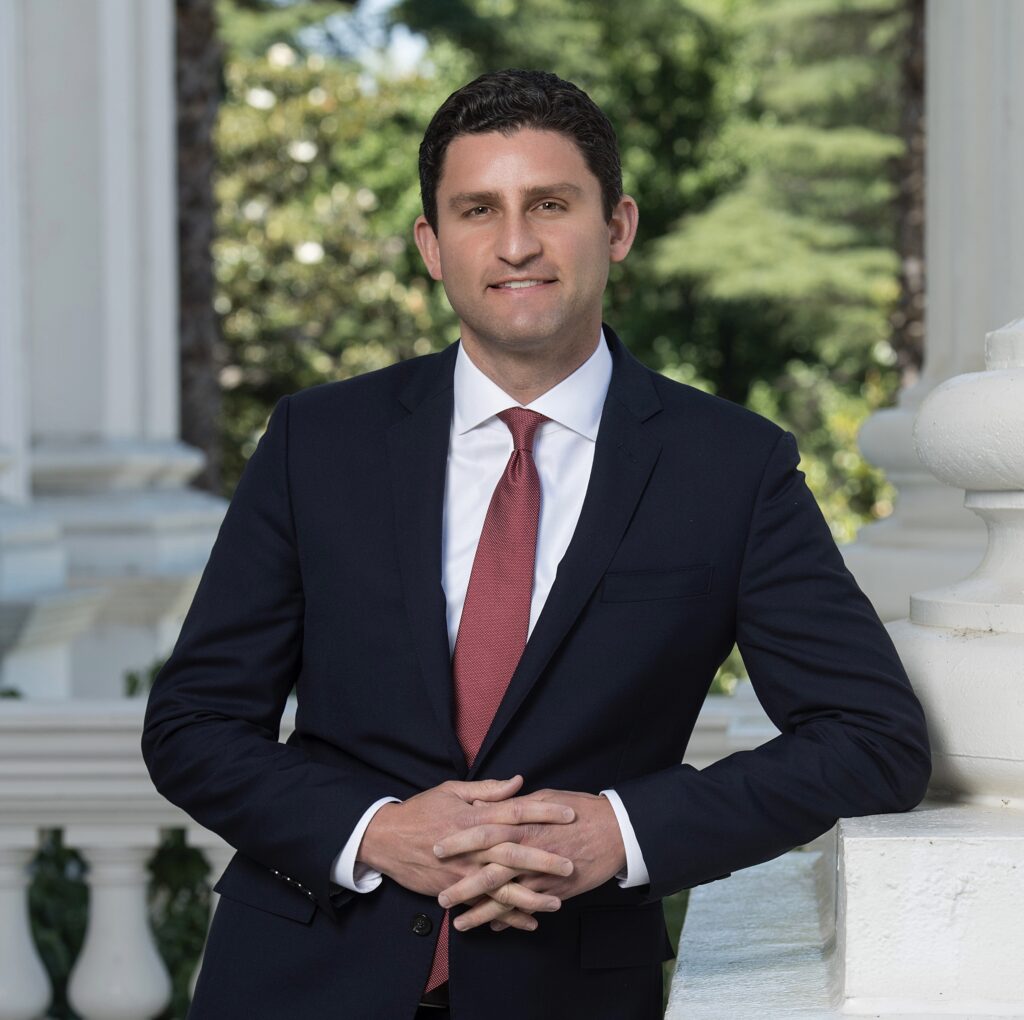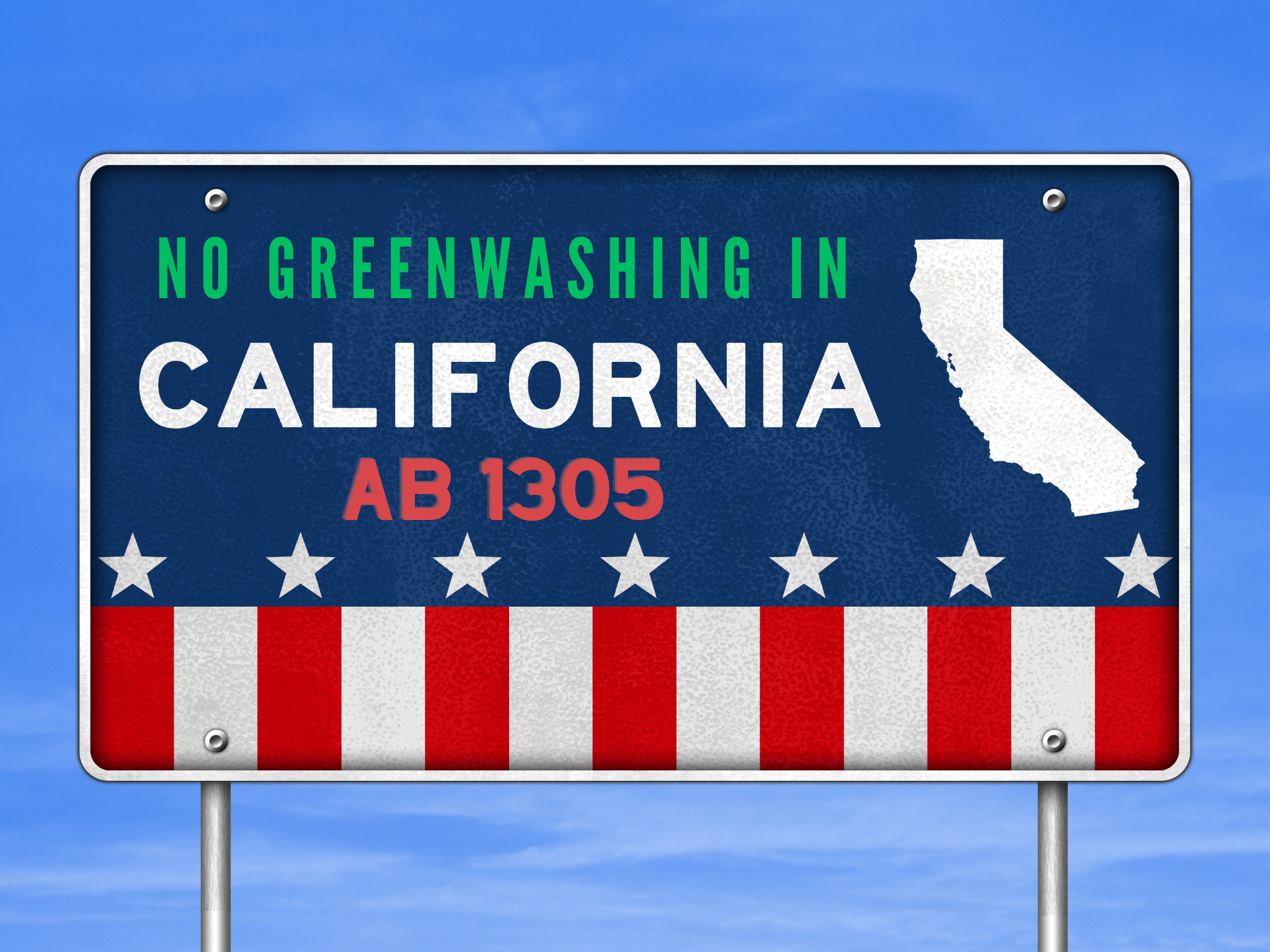California Just Passed a New Carbon Offset Law – Here’s What It Means for Businesses
6 Mins Read
The state of California has passed new climate laws that are meant to curb greenwashing linked with the voluntary carbon offsetting market, requiring companies and offset providers to be more transparent in their claims and disclosures. Here are the new rules.
The new AB 1305 bill – which comes into effect on January 1 – will apply to businesses in California that sell carbon offsets or make claims about their climate-friendly achievements like emissions reductions or net-zero statuses.
Written by assembly member Jesse Gabriel, the Voluntary Carbon Market Disclosures Business Regulation Act was passed alongside two other climate disclosure laws that relate to greenhouse gas emissions and climate risks.
What is the AB 1305 Bill, and why was it proposed?
The new bill requires carbon offset sellers to disclose specific information about accountability measures if projects aren’t completed or don’t meet the target objectives, and businesses who buy these offsets and make claims like ‘net-zero’, ‘carbon-neutral’, etc. to be transparent about the accuracy of these claims, their progress, and whether they’re verified by an independent third party.
It would include third-party verification of all of the company’s GHG emissions, identification of its science-based targets for emissions cuts, and disclosure of the methodology used for the same.
Part of the reason why the law is being passed is because companies that purchased carbon credits were not previously required to disclose these. So California’s aim is to introduce transparency and combat greenwashing, holding businesses accountable for claims they make about their environmental impacts.

Who does AB 1305 affect?
AB 1305 affects two primary entities: businesses that sell carbon offsets, such as Verra, the Gold Standard Foundation, Climate Action Reserve, American Carbon Registry, SCS Global Services, and Green-e Climate, and companies that buy these purchase from the former to offset their carbon emissions.
But it’s important to note that this only applies to public and private companies that operate in California and make eco claims (anywhere in the world) OR purchase carbon offsets OR to businesses that market voluntary carbon offsets in the state – though what ‘operating’ means is undefined.
AB 1305 is one of a few bills signed by California Governor Gavin Newsom, who has also passed the Senate Bills 253 and 261. The former mandates regulators to set up disclosure rules for companies with revenues exceeding $1B annually by 2025, which will impact about 5,300 companies, including the likes of Apple and Wells Fargo. These companies will need to disclose their operational and electricity-related emissions by 2026 and report their scope 3 emissions (from across the supply chain and consumer use) by 2027. SB-261 applies to businesses with over $500M in annual revenue, which will apply in 2026.
How are voluntary carbon offset sellers affected?

So what does this mean for the voluntary carbon market? If you’re a seller, you need to disclose information across four aspects on your website:
- General details: Companies will need to reveal the protocol used to measure emissions reductions or carbon removal benefits, the location of the offset site, as well as the start date and timeline. They’ll also need to disclose the dates and quantities of when a specific amount of emission reductions begins, whether the scheme relies on carbon removal or avoided emissions – in the event that the project covers both actions, companies will need to break down the offsets from each.
Moreover, there needs to be transparency around an offsetting project’s adherence to legal standards and third-party verification, and sellers will need to communicate to businesses whether the durability of GHG reduction – the amount of time over which an offset project is set to maintain its GHG cuts – is less than the atmospheric lifetime of carbon emissions. Finally, the total emissions reduced or removed on an annual business should be revealed on sellers’ websites as well. - Accountability measures: If projects don’t meet their targets, there need to be measures in place, including what actions sellers will take – either directly or via contractual obligations – if carbon storage measures are reversed or future emissions cuts don’t materialise.
- Calculation methods: Companies will also need to disclose the date and calculation methods needed to independently verify the number of emissions cuts or removal credits issued using the protocol. ‘Protocol’ here refers to a documented set of procedures and requirements to help quantify the emissions being reduced.
How does it affect businesses buying offsets?
If you’re a business buying voluntary carbon offsets from sellers and making claims about net-zero emissions, carbon-neutral products, or actions that don’t add carbon to the atmosphere or actively reduce GHG emissions, your website needs to have the following information:
- The name of your carbon offset seller and registry.
- The project name, as listed in the registry and the identification number.
- The project type, including whether the offsets purchased came from carbon removal, avoided emissions, or a combination of both, plus the location of the offsetting site.
- The specific protocol used to measure emissions reductions or removal.
- Whether there’s an independent, third-party verification of company data and the claims listed.
What happens to companies that don’t comply?
Disclosures by both carbon offset sellers and buyers must be updated each year. Companies that violate the new law will be levied a penalty of $2,500 for each day that information is unavailable or inaccurate on their website. This fine has a maximum amount of $500,000, which can be assessed and recovered in civil actions.
Why is voluntary carbon market regulation so crucial?

The voluntary carbon market is a $2B industry, and it’s predicted to reach between $10B and $40B by 2040. But it’s a sector inundated with serious failings, as multiple investigations have revealed. As we in a previous story, carbon offsets don’t really work in most cases.
Experts say there aren’t enough trees to capture a sufficient amount of carbon to make up for our emissions, especially since it can take about 20 years for tree saplings to become viable for carbon offsetting. Additionally, carbon offsetting can be passed on to low-emitting developing countries, with projects shown to harm local populations or displace indigenous communities.
One investigation found that 85% of offsetting projects commissioned by the EU have failed to reduce emissions, and only 2% of the covered projects and 7% of potential ones would have a high likelihood of reducing emissions. Another outlined how 90% of rainforest offset credits issued by Verra, one of the world’s largest providers, are “worthless” – the company claimed to have reduced 90.9 million tonnes of carbon emissions, but only 5.5 million tonnes of cuts were actually delivered.
Verra has also been accused of highly inflating its projects’ climate impacts, with some projects unsuitable for businesses to use for carbon offsetting as they aren’t equal to fossil fuel emissions. And yet another investigation revealed that 28 of its 32 projects analysed were essentially “junk”. In fact, 39 of the top 50 carbon offsetting projects (78%) were classed as junk or worthless due to failures undermining the promised cuts, while eight others (16%) looked problematic and were classified as ‘potentially’ junk.
This is why California’s new law is so important. “Consumers deserve to feel confident that carbon offsets are actually resulting in meaningful emissions reductions,” said Gabriel. “This legislation will provide critical transparency and accountability to ensure that corporations are meeting their climate goals and that we are protecting our planet for future generations.”




